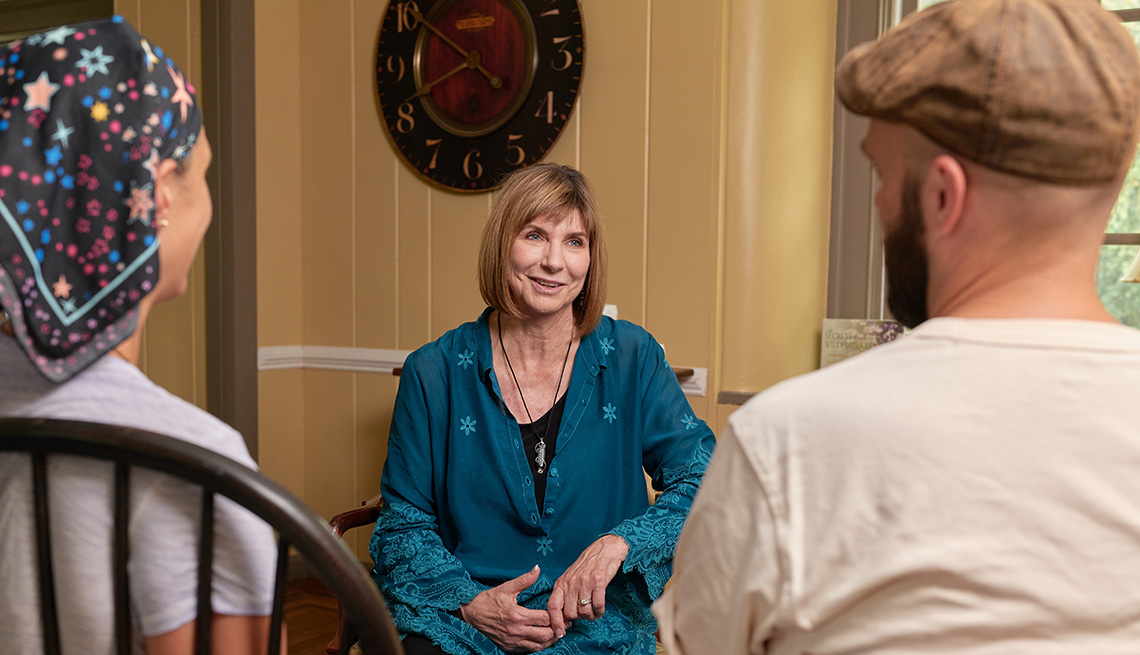As end-of-life care becomes more holistic and personalized, terms like death doula and death midwife are gaining popularity. You may have seen these titles used interchangeably—but are they really the same thing?
If you’re exploring support options for a loved one or considering a career in end-of-life care, it’s important to understand the difference between a death doula and a death midwife. While both roles are rooted in compassionate support, their titles, training, and practices may vary depending on region and philosophy.
Let’s explore what sets them apart—and what they have in common.
What Is a Death Doula?
A death doula, also known as an end-of-life doula, is a non-medical professional who provides physical, emotional, and spiritual support to individuals and families navigating the dying process.
Death doulas help with:
- Advance care planning
- Legacy projects and memory keeping
- Vigil sitting and presence at the bedside
- Grief support for families
- Education on the dying process
- Coordinating with hospice and care providers
Training programs like the DNT Network’s End-of-Life Doula Certification equip doulas with the knowledge and tools to serve families in diverse settings—including homes, hospitals, and long-term care facilities.
What Is a Death Midwife?
The term death midwife is less common but often used in a similar context. A death midwife typically supports the dying and their loved ones, but with a stronger emphasis on ritual, after-death care, and body preparation.
Some of the practices a death midwife might offer include:
- Guiding home funerals and family-led body care
- Supporting spiritual or cultural rituals
- Assisting with green burials or alternative death care
- Educating families about post-death paperwork and legal matters
- Preserving traditional practices of death and mourning
Death midwives often view their work through a sacred or ceremonial lens, rooted in ancestral traditions. In some cases, they may work alongside or in place of funeral homes, especially in states that allow home funerals and family-directed care.
Key Differences: Death Doula vs. Death Midwife
| Aspect | Death Doula | Death Midwife |
|---|---|---|
| Focus | Emotional, spiritual, and practical support before and during death | Ritual, body care, and after-death guidance |
| Timing | Primarily supports the dying process and active dying phase | Often involved post-death, including home funerals and body preparation |
| Training Emphasis | Advance care planning, family support, vigil presence | Death rites, sacred rituals, post-death logistics |
| Terminology | Widely used and recognized, especially in doula networks | Less standardized, sometimes regional or community-specific |
| Legal Oversight | Unregulated (no license required) | Unregulated, but some states have more legal considerations for body care |
| Spiritual Approach | May or may not include spiritual elements | Often includes spiritual, ritualistic, or ancestral practices |
Are They the Same Profession?
In practice, many death doulas and death midwives offer overlapping services, and the titles are often used interchangeably. The difference may come down to:
- Philosophy: Midwives may embrace a more ceremonial, ancestral, or spiritual perspective.
- Region: Some areas or training programs use one term more commonly than the other.
- Scope of Services: A doula may focus more on emotional support, while a midwife may take on more hands-on post-death roles.
There’s no “official” licensing board for either role in the U.S. or Canada, so how each term is defined can varybetween communities, practitioners, and training programs.
Which Role Is Right for You?
If you’re looking to hire someone to support a loved one:
- Choose someone whose services align with your needs—whether that’s emotional support, planning guidance, or home funeral assistance.
- Don’t worry too much about the title. Ask what services they provide and how they work with families.
If you’re looking to become a death doula or midwife:
- Consider starting with a reputable training program that offers flexibility and foundational knowledge.
- Explore your local laws regarding home funerals or after-death care if you’re interested in the midwife role.
- Look for a course that resonates with your values and vision for serving others.
💡 One accessible option is DNT Network’s End-of-Life Doula Certification —a fully online, self-paced program that helps you gain the skills to support families with compassion, confidence, and care.
Final Thoughts
So, what’s the difference between a death doula and a death midwife? While the two roles share many similarities, death doulas tend to focus more on emotional and logistical support before and during the dying process, while death midwives may emphasize sacred rituals and after-death care.
Regardless of the title, both play an essential role in reshaping how we experience death—with dignity, presence, and humanity.

